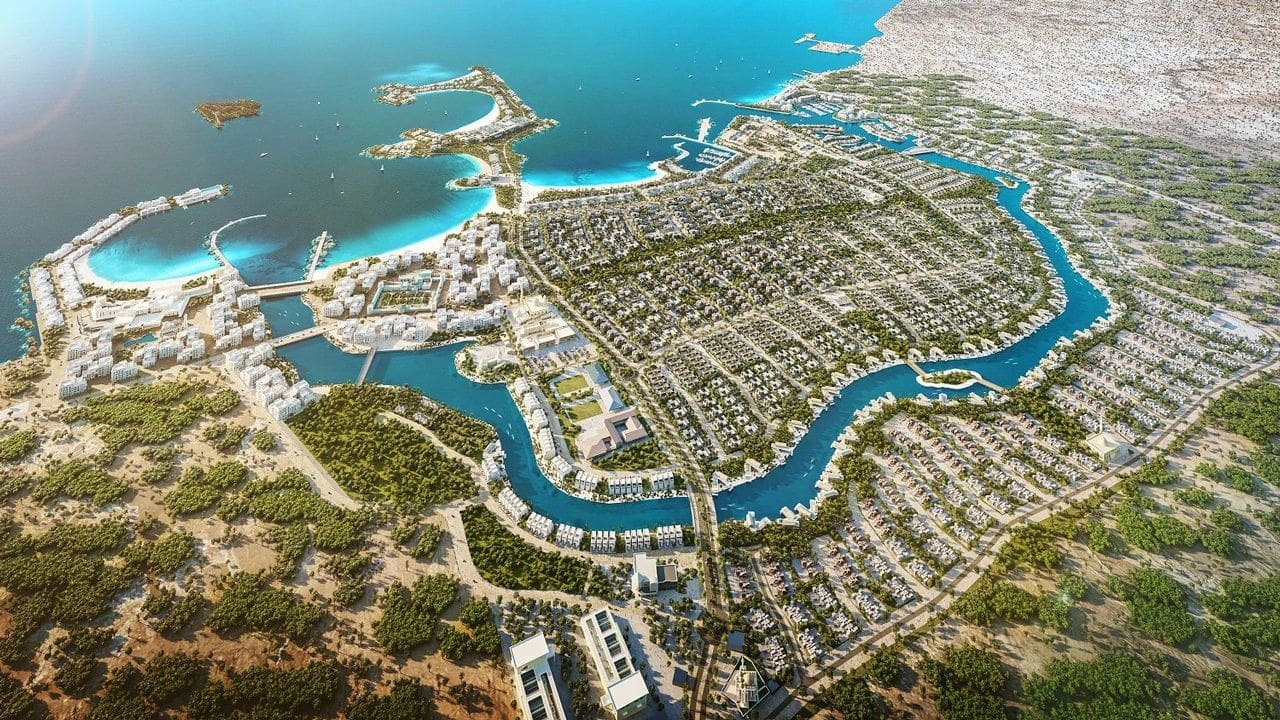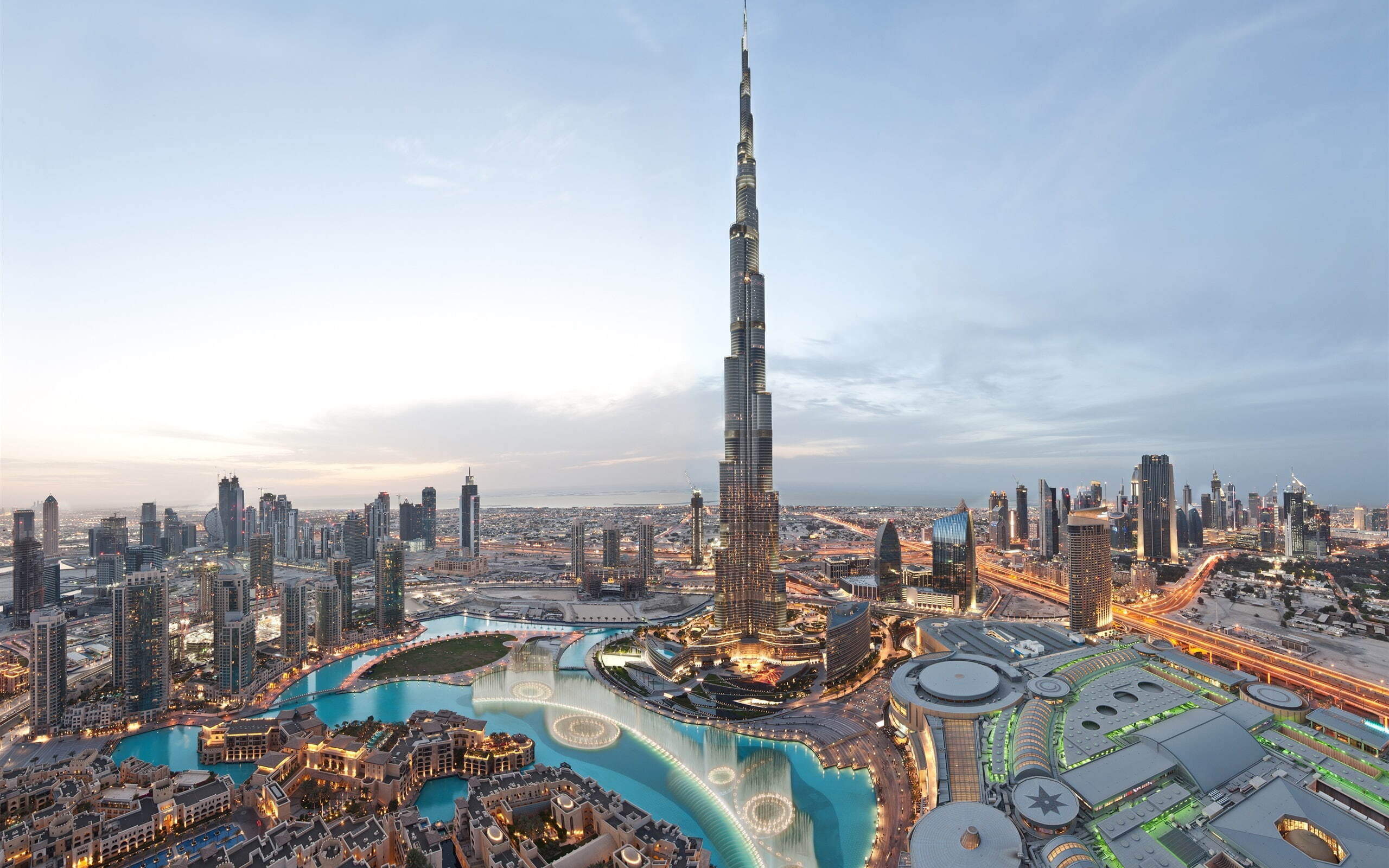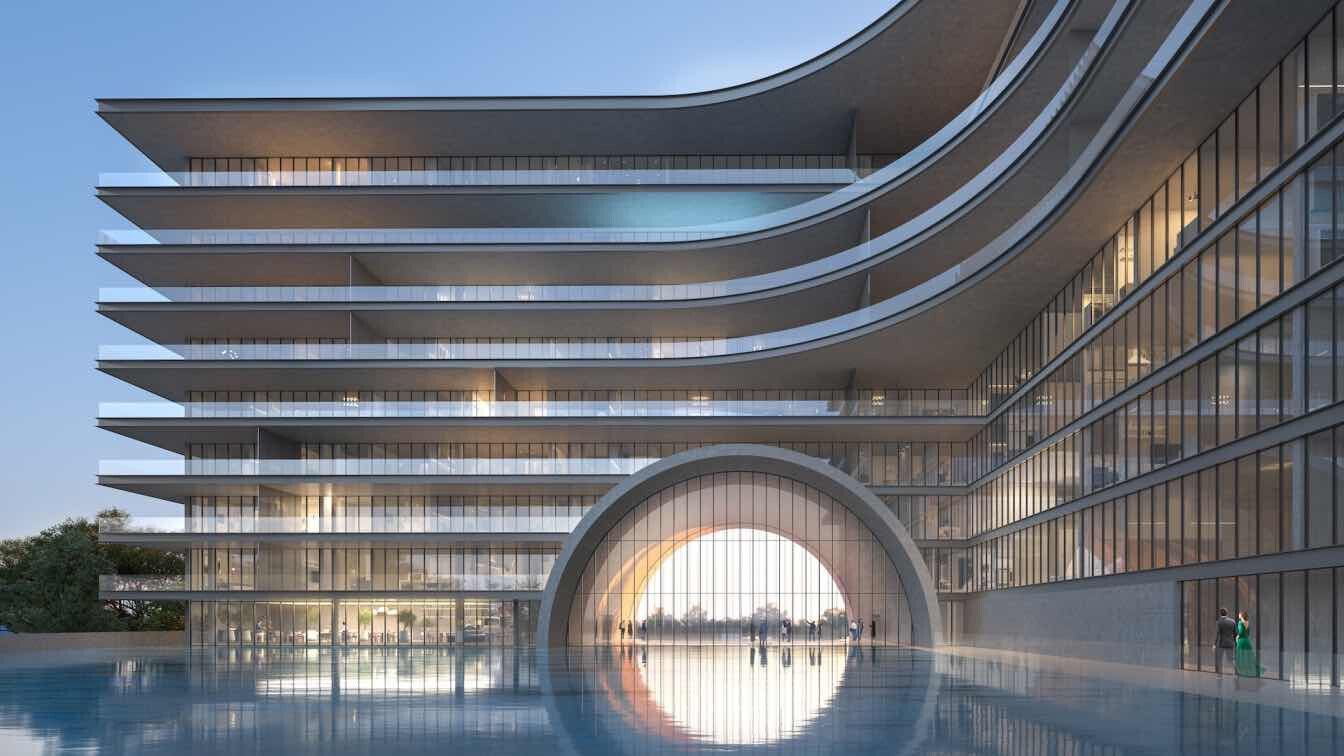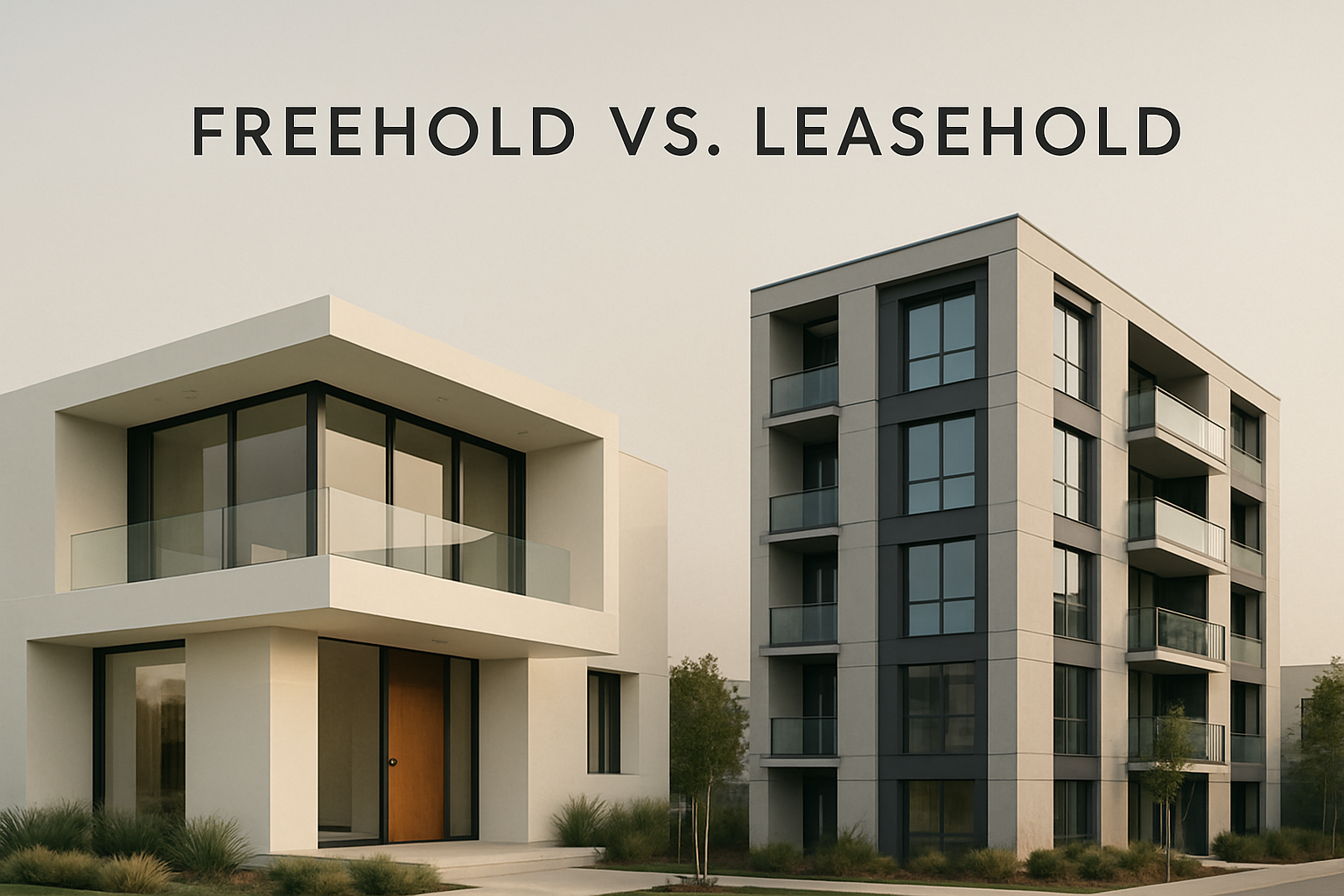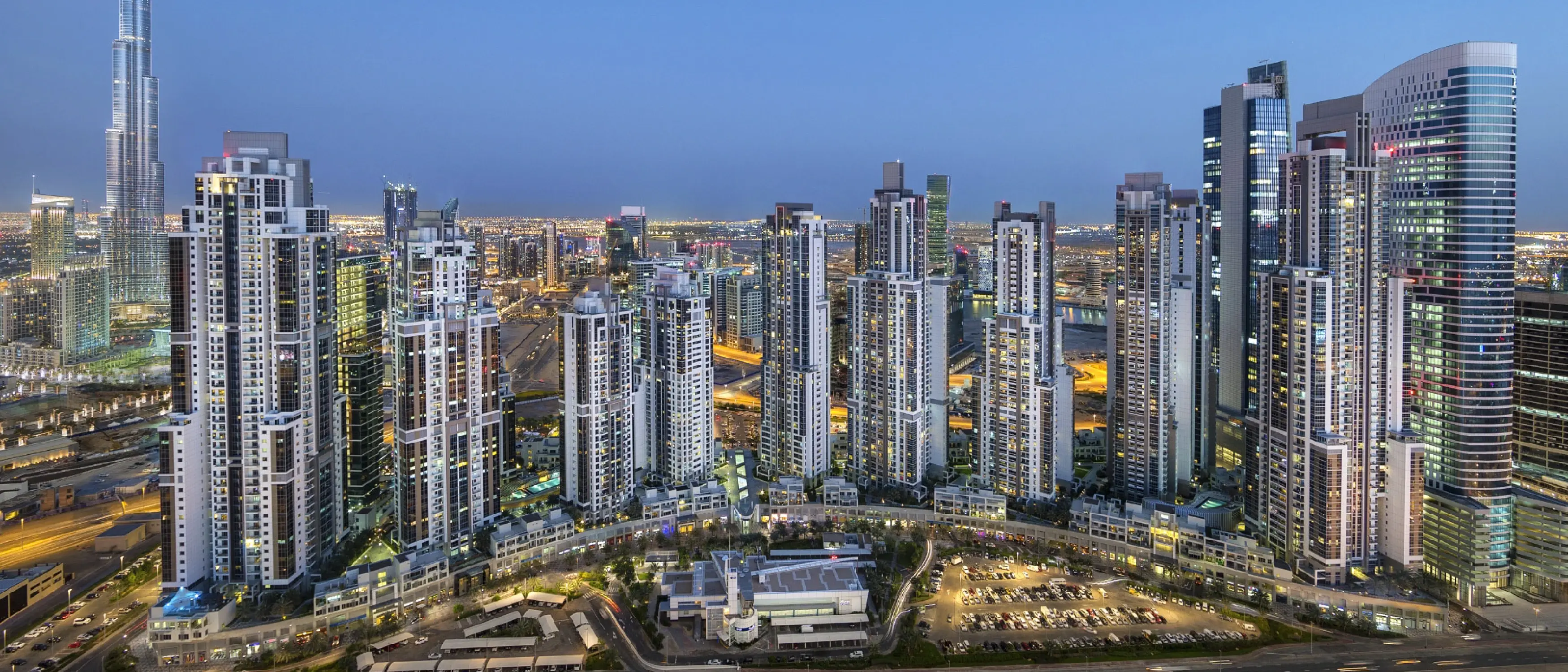Considering a move from the UK to Dubai? Understanding the cost of living differences between these two popular locations is crucial.
Here's an in-depth and clear comparison to help UK citizens assess where their money goes further:
Housing Costs
Dubai's housing market caters to diverse lifestyles, offering luxurious apartments in central locations such as Downtown Dubai and Dubai Marina, typically ranging from £2,000–£3,500+ monthly. For more budget-conscious residents, areas like Jumeirah Village Circle (JVC) or Sports City offer comfortable options at approximately £900–£1,500 per month.
In comparison, UK housing varies widely. Central London apartments often cost £2,500–£3,500+ monthly, whereas similar-sized accommodations in cities such as Manchester or Birmingham typically range between £1,000–£1,500 per month.
Transportation
Dubai boasts efficient and affordable public transport. Monthly public transport passes cost around £65. However, car ownership is common due to cheaper fuel (£0.60 per litre compared to the UK's £1.50 per litre).
In the UK, public transport is more expensive. A monthly London travelcard averages £160-£220, whereas Manchester's monthly tram and bus passes cost around £50-£70.
Groceries and Dining
Grocery shopping in Dubai is usually more expensive than the UK, especially for the imported products like British brands. But if you buy the locally sourced goods it will be significantly cheaper.
Dining out can be affordable in casual restaurants (£10-£20 per meal) but rises quickly to £100+ per person in upscale restaurants, and even more if you include premium alcohol.
UK grocery costs are similar, with dining costs varying by city. A casual meal typically costs £10-£20, with fine dining averaging £50-£100 per person.
Utilities and Internet
Monthly utilities (electricity, water, cooling) for a one-bedroom flat in Dubai cost around £130-£220, while lightening fast broadband internet averages £65 monthly.
In the UK, utilities typically range from £150-£250 per month, with broadband services averaging £30-£40.
Lifestyle and Entertainment
Dubai offers a vibrant lifestyle, including numerous free or low-cost activities such as beaches, parks, hiking, and festivals. However, luxury entertainment and nightlife can significantly add to monthly expenses.
The UK offers a wide array of free museums, galleries, and parks. Still, entertainment in major cities like London, Manchester, or Edinburgh can be relatively expensive, especially nightlife and cultural events.
Healthcare and Insurance
Dubai mandates health insurance, typically costing around £100-£200 per month depending on coverage. Healthcare quality is high but privately funded.
The UK offers universal healthcare through the NHS, funded by taxation, meaning no additional healthcare insurance costs unless opting for private healthcare.
Taxes and Disposable Income
One significant advantage of living in Dubai is zero income tax, resulting in higher disposable income for UK citizens working in the UAE. Conversely, the UK income tax ranges from 20%-45%, significantly impacting take-home pay.
Education Costs
Dubai has a wide selection of international schools for expat families, typically costing between £8,000-£20,000 per year. In contrast, the UK offers free state education, with private education similarly priced at £10,000-£20,000 per year.
Conclusion
Dubai offers financial advantages through significant tax savings, lower fuel costs, and generally competitive living expenses compared to the UK. However, specific lifestyle choices, imported goods, and schooling fees can increase costs.
The UK provides extensive public services, free healthcare, and education, balanced against higher taxes and living costs in major cities.
Your choice depends on your income, lifestyle, family needs, and long-term financial goals.
